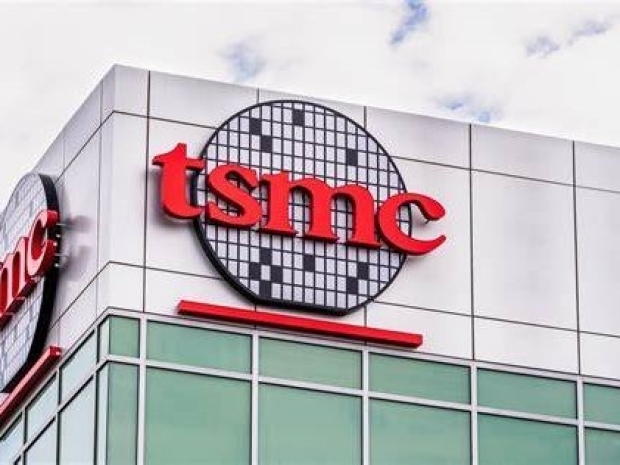Bloomberg reported that from the end of 2025, TSMC’s suppliers will need explicit US approval before they can ship anything with American paws on it. That includes advanced manufacturing tools, spare parts, and even the chemicals needed to keep the fabs running.
This is Washington’s second big swing at China’s chip ambitions. Earlier it scrapped similar exemptions granted to South Korean memory makers Samsung and SK hynix, forcing them to beg for licences every time they wanted to move gear into their mainland factories.
TSMC’s shares dipped about 1.6 per cent in early US trading on 2 September, while the Philadelphia Semiconductor Index slid more than two per cent and the Nasdaq Composite fell 1.6 per cent.
The foundry giant runs a 12-inch fab in Nanjing that churns out 16 and 12 nanometre chips, and an 8-inch plant in Shanghai focused on older 0.13 and 0.18 micron process tech.
TSMC confirmed that it had been notified by the US government that its Nanjing facility’s “certified end user” authorisation will vanish on 31 December 2025. That means the fab loses its special status and will face the same bureaucracy already dumped on its Korean rivals.
Washington claims this closes “export control loopholes” that supposedly leave US firms at a “competitive disadvantage.” In reality, it means that instead of a blanket approval, every shipment will now require its own permit, from a country which seems to be claiming dictatorial powers over another while not having the staff to process applications.
Bloomberg’s sources said officials are scrambling for ways to reduce the backlog of applications, but the shift from predictable approvals to case-by-case licensing guarantees delays and a hefty dose of uncertainty.
The US Department of Commerce’s Bureau of Industry and Security, which oversees semiconductor export controls, has so far refused to comment.

